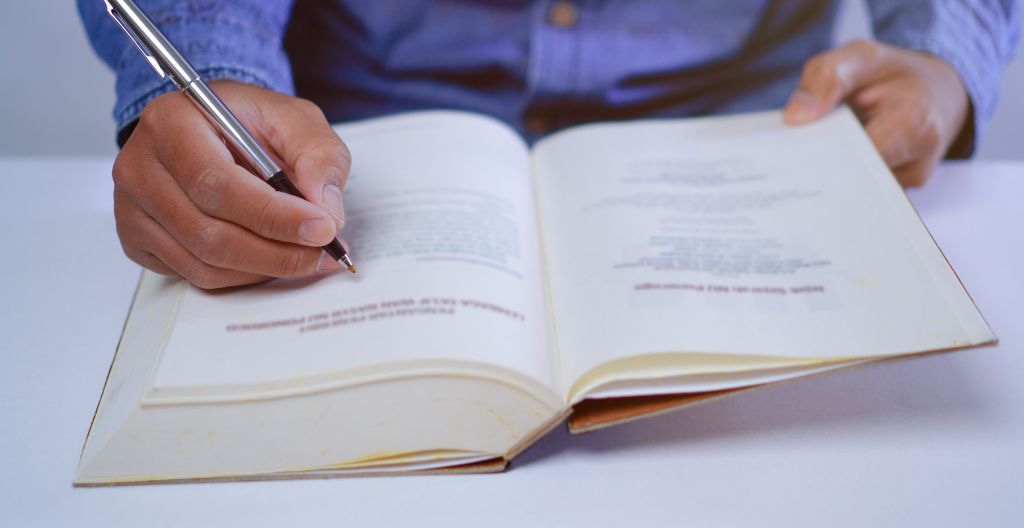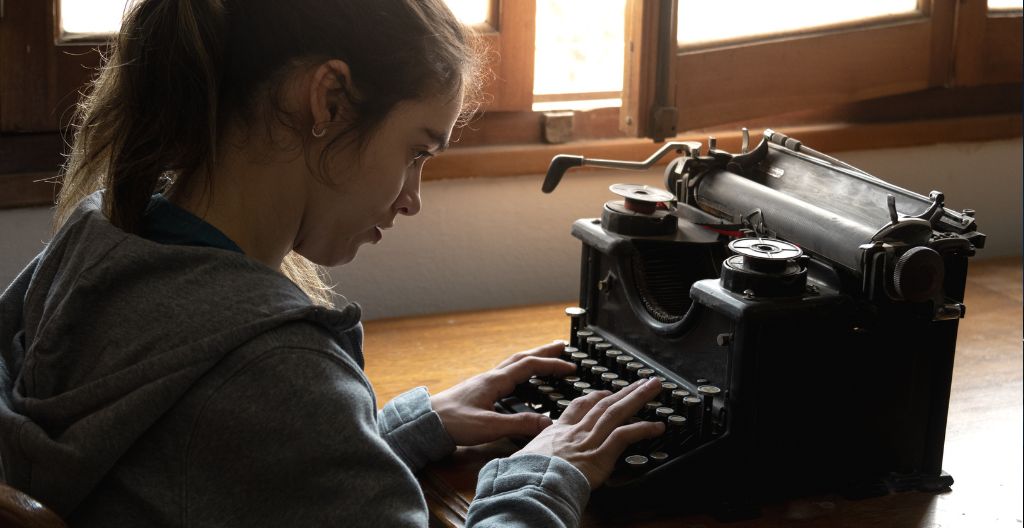This article explores the complex dynamics of academic co-authorship. It analyses factors such as the selection process, collaboration, and the role of ultimatums.
Through a game theory-based model, the article examines how various relationships influence co-authorship. It also explores the potential ramifications of ultimatums on the publication process.
The findings of the study highlight the need for improved co-authorship practices. They emphasise the importance of researchers’ integrity in successful academic collaborations.
Key Takeaways
- Conducting a research project with multiple participants involves scientific and social interactions.
- Collaboration dynamics in academia lack a data-driven suggestion for co-authorship.
- Ultimatums in co-authorship scenarios can lead to a pause in manuscript publication and affect the number and position of co-authors.
- The success of co-authorship relies on the integrity of researchers rather than systematic design.
Understanding the Intricacies of Academic Co-authorship
In the realm of academic publishing, understanding the intricacies of co-authorship is paramount to ensuring ethical and effective collaborations. This includes not just the scientific aspects of the research being conducted, but also the interpersonal relationships between the authors involved. The complex web of academic authorship can often be a source of conflict and misunderstanding, thus necessitating a thorough understanding of the various elements at play.
The dynamics of these relationships can greatly impact the productivity and harmony within the team. From the selection processes to the impact of ultimatums and various relational dynamics, comprehending the intricacies of academic co-authorship can help in fostering an environment conducive to fruitful research and scholarly production.
The Role of Ultimatums in Co-authorship
The issuance of ultimatums within the context of academic co-authorship often complicates the collaboration process and can significantly delay the publication of research manuscripts. The dynamics of authorship, particularly co-authorship, mandate a balance of power, mutual respect, and shared decision-making. However, when ultimatums are introduced, these dynamics can quickly become destabilised, leading to tension and discord among the research team.
This impact can be better understood through the following table:
| Co-authorship Scenarios | Ultimatum Impact |
|---|---|
| Equal Contribution | Power Struggle |
| Student-Advisor Relationship | Hierarchical Conflict |
| Senior-Junior Researchers | Intimidation and Pressure |
| Interdisciplinary Teams | Communication Breakdown |
Exploring Different Types of Co-authorship Relationships
Understanding the dynamics of student-advisor and colleague-colleague relationships in co-authorship scenarios, and how they influence the overall research collaboration, is crucial for developing effective academic practices.
It is a fundamental part of the complex web of academic authorship. Exploring different types of co-authorship relationships brings to light the intricacies of academic collaboration.
Student-advisor relationships are inherently hierarchical, potentially influencing the collaboration process and the distribution of credit. Colleague-colleague relationships can be more egalitarian but may involve power dynamics and competition.
These relationships can significantly impact the productivity, creativity, and overall success of the research endeavor. Therefore, understanding and managing these relationships is pivotal in improving the quality and effectiveness of academic co-authorship.

The Submission and Access Process for Academic Work
Navigating the submission and access process for academic work is critical for any researcher. It involves understanding both the technical requirements of various publishing platforms and the ethical considerations of sharing and accessing scholarly material.
This process can be layered and complex, often requiring knowledge of research authorship guidelines. The submission process demands an understanding of the specific format and structure required by the chosen platform.
Post-submission, the access process comes into play, necessitating a clear comprehension of copyright laws and open access policies. The ability to navigate these processes effectively is crucial in ensuring the visibility and impact of scholarly work.
Therefore, mastering the submission and access process for academic work forms an integral part of successful academic research.
Delving Into References and Citations in Academic Writing
How do we accurately incorporate references and citations in academic writing, and what are the common pitfalls to avoid in this crucial process? Delving into references and citations in academic writing reveals a complex web that involves understanding the definition of authorship and the intricacies of various citation styles.
| Common Pitfalls | Implications | Solutions |
|---|---|---|
| Incorrect citation style | Miscommunication | Familiarise with style guides |
| Incomplete references | Misattribution of ideas | Double-check each source |
| Over-citation | Distraction from main argument | Use citations to support, not substitute argument |
| Under-citation | Plagiarism accusations | Cite all borrowed ideas |
| Ignoring citation mechanics | Decreased credibility | Understand citation’s mechanics |
Avoiding these pitfalls enhances the credibility of academic work and respects the intellectual property of original authors.
Sign up for our Publishing Newsletter and start delivering creative, concise content
Conclusion
This analysis elucidates the complexities of academic co-authorship, underscoring the need for improved practices and integrity.
The findings suggest that the nature of relationships and usage of ultimatums can significantly influence publication outcomes.
It proposes a data-driven approach to navigate this complex web, emphasising the importance of understanding co-authorship dynamics for successful scholarly collaboration.
This study serves as a crucial step towards optimising the process of academic authorship.
FAQ
How Do Technical Writing Skills Enhance Authorship in Professional Documentation?
Technical writing skills bolster authorship by enabling the creation of precise, clear, and well-structured documents, essential for effective communication in professional settings.
How Does a Technical Content Agency Ensure Quality Authorship in Its Deliverables?
A technical content agency ensures quality authorship by employing skilled writers who excel in producing accurate, well-researched, and professionally written content, tailored to specific technical fields.
How Does Brand Development Benefit From Strong Authorship in Marketing Content?
Brand development significantly benefits from strong authorship, as it ensures consistent, engaging, and authentic content that effectively communicates the brand’s message and values to its audience.

